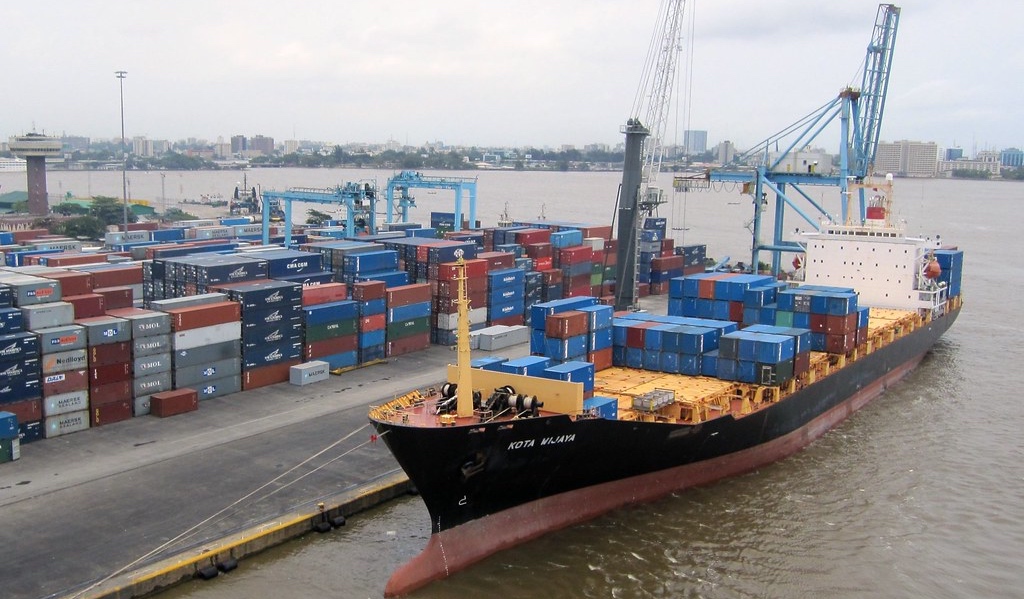Between July and September 2023, Nigeria witnessed a notable surge in drug imports, totalling N81.81 billion. This reflects a substantial 68% increase from the N48.74 billion recorded in the same quarter of the previous year and a 27% rise from the N64.38 billion in Q2 2023, according to the National Bureau of Statistics (NBS) foreign trade reports.
In Q3 2023, drug imports accounted for 0.97% of total imports, a slight dip from the 1.12% in the previous quarter but marginally higher than the 0.97% in the same quarter of the preceding year. The analysis suggests that the devaluation of the naira and the exit of GlaxoSmithKline (GSK) played crucial roles in the heightened drug imports during this period.
India emerged as Nigeria’s leading import trading partner for medications, followed by the United States, China, France, and Germany. Notably, N33.68 billion worth of drugs were imported from India, N15.3 billion from the US, and N9.98 billion from China. Drug imports from France totalled N2.72 billion, while those from Germany amounted to N2.41 billion.
The devaluation of the naira, experiencing a more than 40% loss in value since June, has significantly increased the cost of drug imports. According to a report by SB Morgen, the Nigerian pharmaceutical industry faces challenges due to fluctuations in foreign exchange rates, highlighting its vulnerability to economic shocks.
The exit of GSK, a prominent UK-based pharmaceutical corporation, further impacted the industry. GSK Consumer Nigeria Plc, GSK’s Nigerian affiliate, shifted its strategy on August 3, ceasing direct sales of vaccines and prescription medications to Nigerian consumers. GSK cited operational issues, unreliable drug supply to the Nigerian market, difficulties in monitoring and paying foreign suppliers, high business costs, ongoing insecurity, and the government’s elimination of fuel subsidies as contributing factors.
In a parallel move, Sanofi-Aventis Nigeria Ltd., a global pharmaceutical company’s Nigerian arm, announced a strategic shift. Starting in February 2024, Sanofi will transition to a third-party distribution model, moving away from direct sales. This change in business strategy is expected to impact drug prices in Nigeria, with some experiencing surges of up to 1000%.


